Have some yoghurt left over? Here are some extra ways to use up the rest of the pot…
- Stir some jam into your yoghurt, then drizzle over pancakes or granola.
- Use yoghurt in place of oil when making salad dressings for a creamy alternative that’s still healthy; this is especially tasty over chicken or ham salads.
- Greek yoghurt makes an excellent marinade base for meat and fish because it clings to the meat while tenderising it and ensures it is moist and flavourful when cooked.
- When used as a marinade, the lactic acid in yoghurt gently breaks down the protein in chicken, keeping it succulent and tender once cooked.
- Stir in some lemon juice, lime juice, pickle juice, mustard or hot sauce to create your own creamy dip for chips or other fried food.
- Create a quick sauce for falafels or spiced chicken by stirring ground cumin and lemon juice into plain yoghurt.
- Spread yoghurt onto a baking tray, top with fruit, nuts and/or grated dark chocolate, then freeze until solid. Snap into portions for a cool and healthy snack.
- Stir plain yoghurt into pasta sauces and soups for a creamy touch.
- Stir a little yoghurt into guacamole for a touch of acidity.
- Beat a spoonful of yoghurt into your scrambled eggs before adding them to the pan to make them extra light and fluffy.
- Whizz it up with tinned fruit for an easy smoothie.
- Give to kids as a healthy dip for fruit skewers.
- Layer with fruit and granola for a breakfast parfait.
- Serve a dollop of thick Greek yoghurt with cake as a more savoury alternative to cream.
- Yoghurt is a great alternative to mayonnaise when paired with chicken, tuna, egg or potato salad. If you swap all or even some of the mayonnaise called for in a recipe with Greek yoghurt, it retains the flavour.
These are the Easy Food team’s top tips to keep in mind when cooking with yoghurt:
- Gently fold your yoghurt into your recipe to prevent it from breaking down and thinning out as it does when vigorously stirred or whisked.
- Make sure your yoghurt is at room temperature when adding it to your hot dish, as heating it too quickly can cause it to separate into curds and whey
- Yoghurt loses its beneficial bacteria when heated above 48 degrees Celsius.
- Avoid using tinfoil or aluminium baking dishes as it can react negatively with the acidity in the yoghurt .
- Its always bets to use plain, full-fat Greek yoghurt to provide the best flavour and texture. Non-fat yoghurt contains fillers and stabilisers that can change the taste and texture of your recipe.
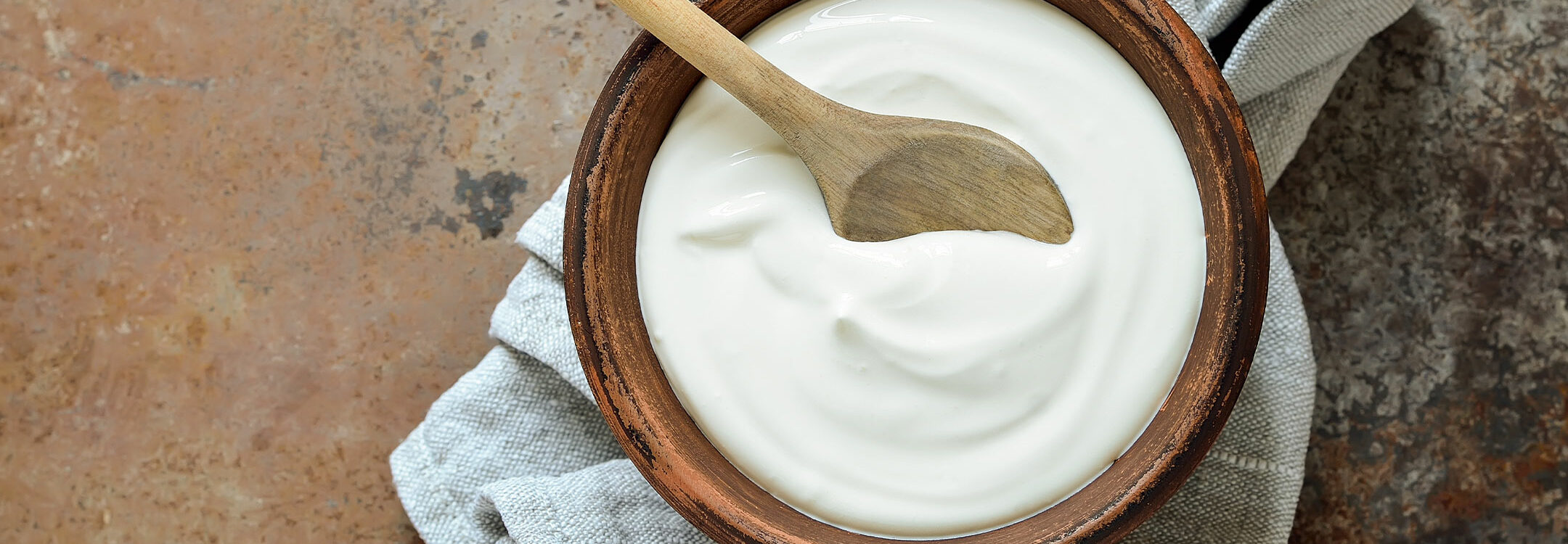
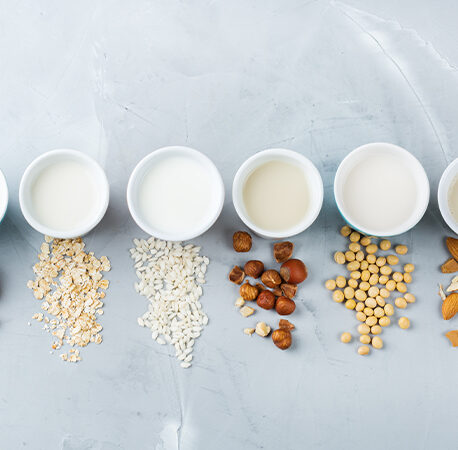
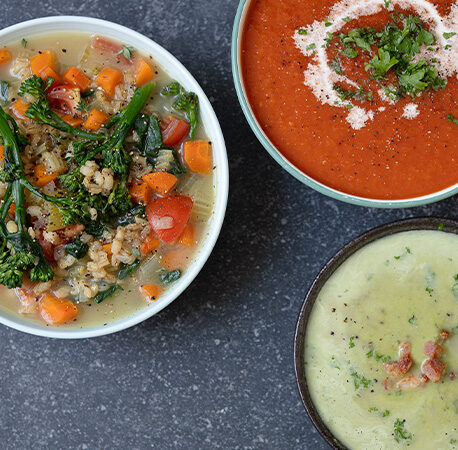
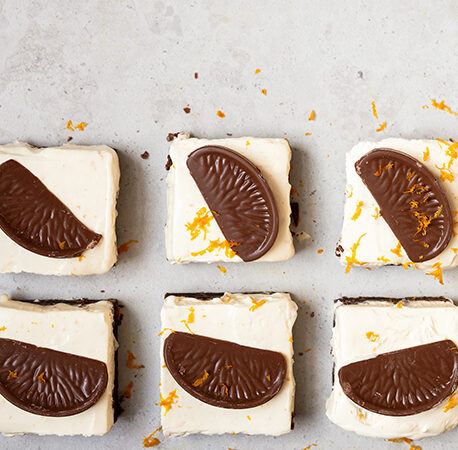
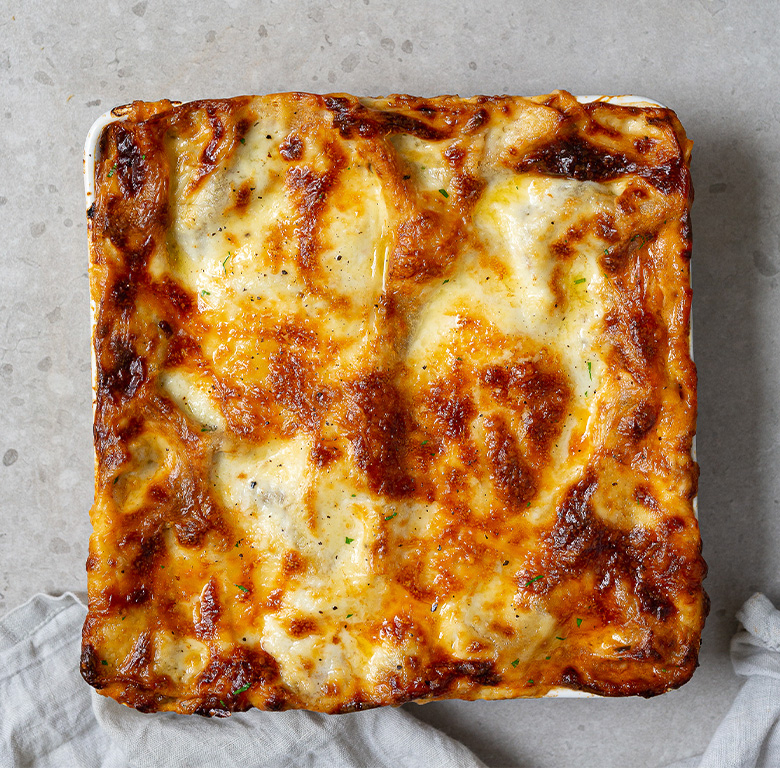
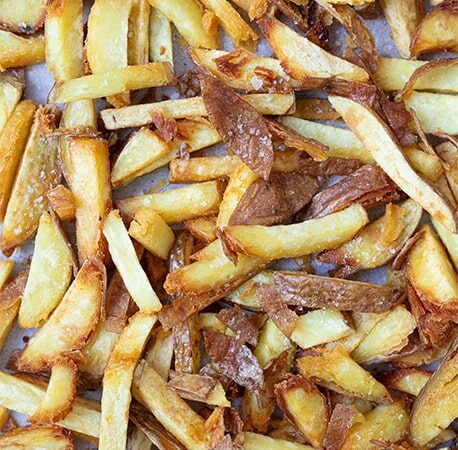
You have to be signed in to comment this post.